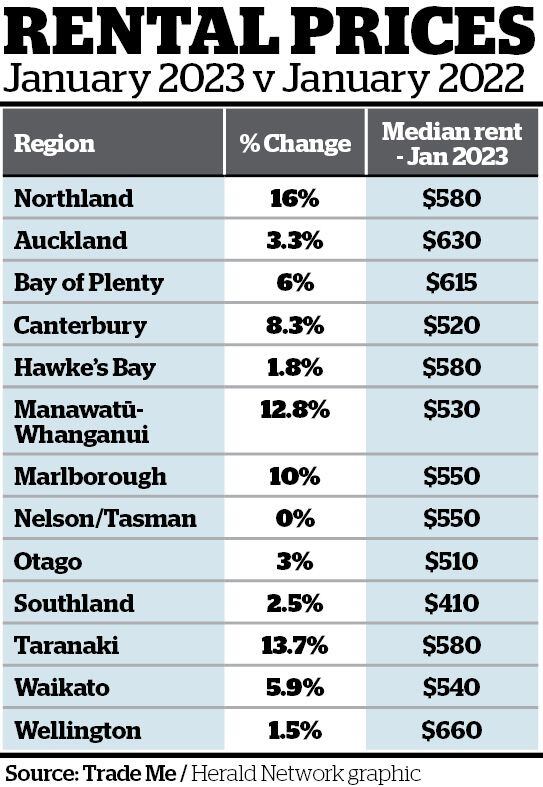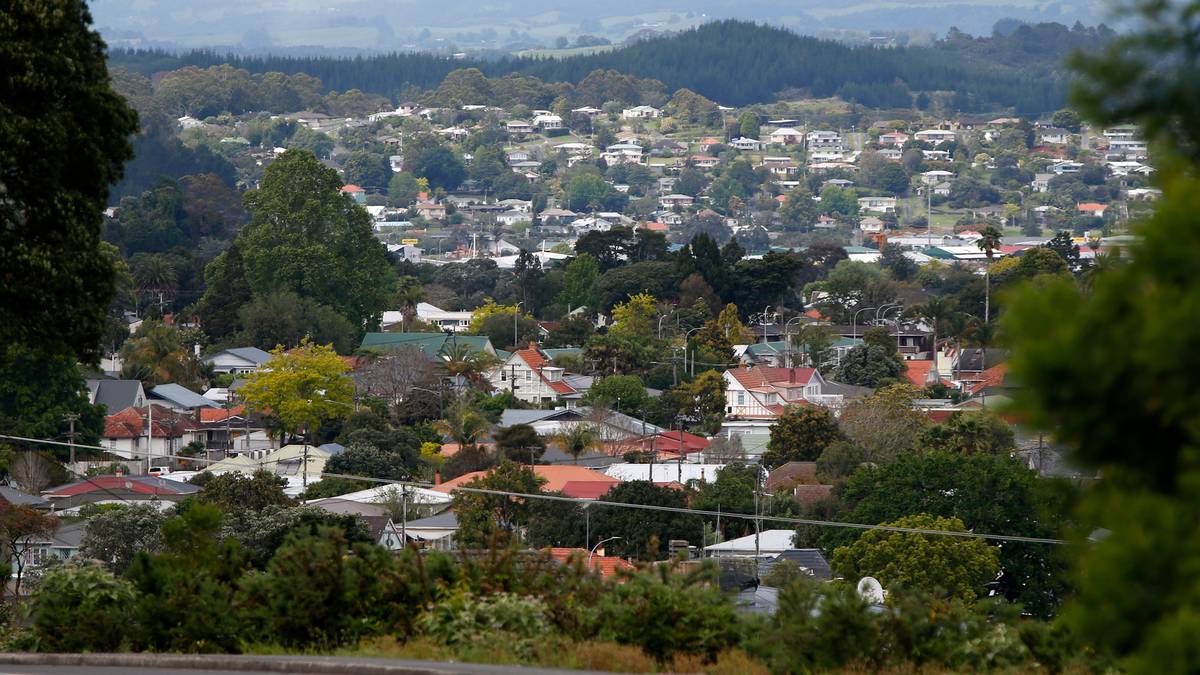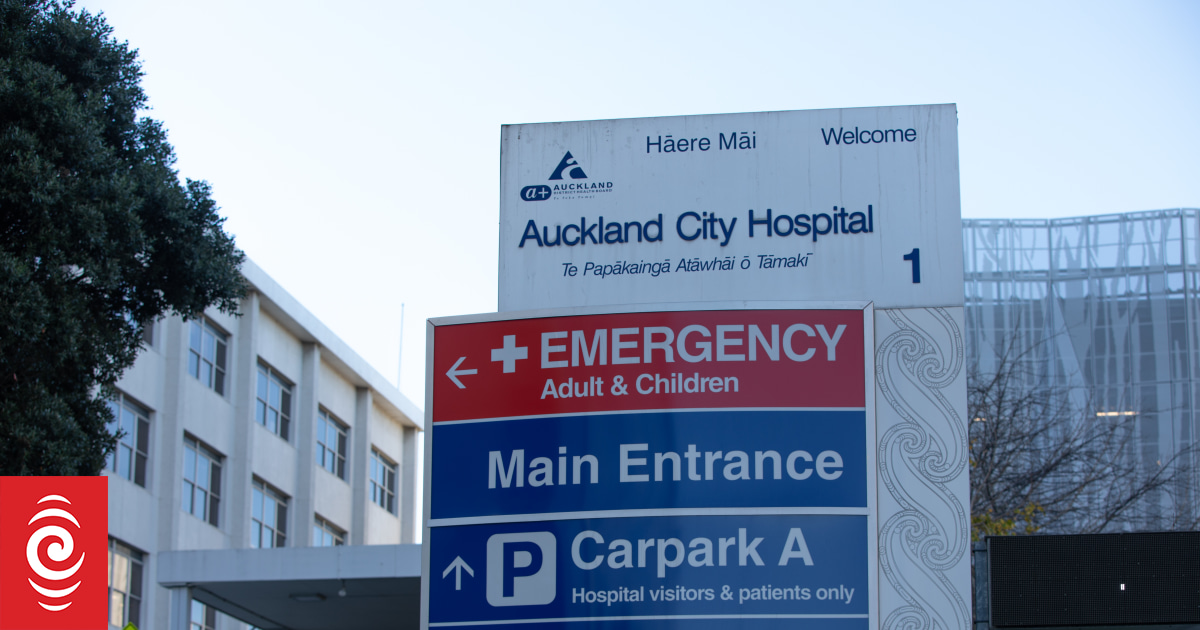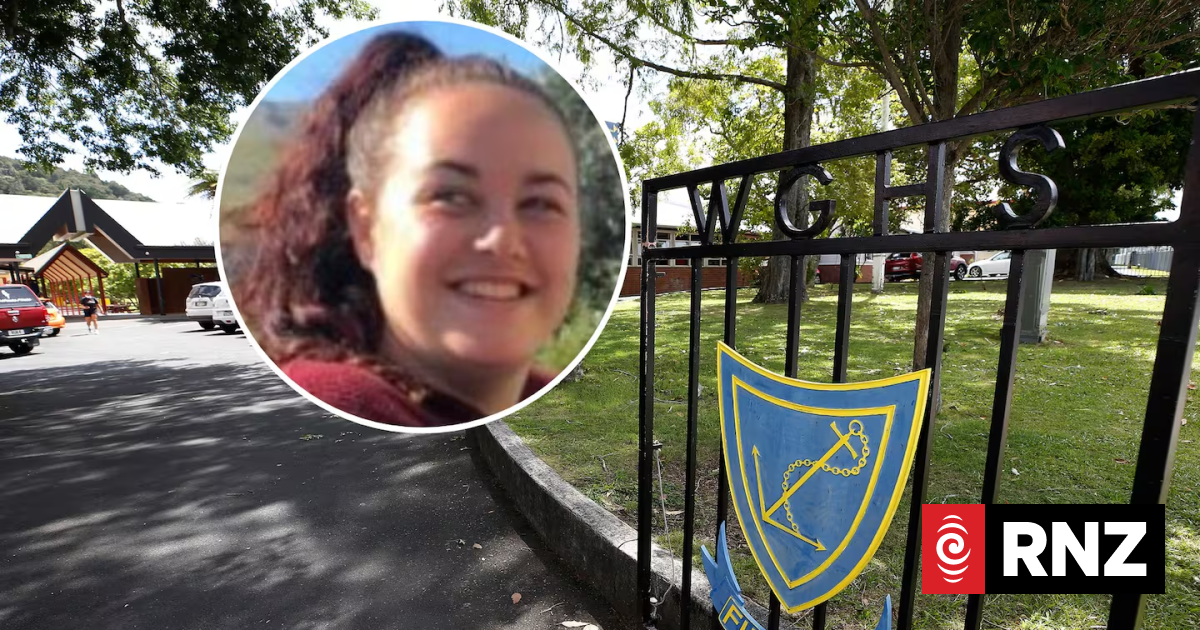Rising rents in Northland have been blamed on a lack of investors. Photo / Michael Cunningham
Tenants in Northland have been hit harder than those in other regions by rental price increases, according to new Trade Me data.
Rents in the region increased by 16 per cent from January 2022 to
January 2023, significantly higher than the 4 per cent national average.
Northland also has a low median household income compared to much of the country, making higher rents less affordable.
According to Statistics New Zealand, the average weekly household income in Northland in 2022 was $1747, compared to a national average of $2014.
Northland’s national median rent, at $580 a week, is now the same as the national average. It is just $50 lower than Auckland’s.

Harcourts Whangārei general manager Paul Beazley said there was an issue in Northland with supply and demand, particularly with more affordable properties.
“There’s probably a few reasons for it, one is demand – there are a lot more higher-end properties that are for rental now. We’re getting rents from $650 to $700 on some newer four-bedroom homes,” Beazley said.
“There’s not enough supply of that nice, tidy three-bedroom double-garage type of property and that’s where most of the demand is.”
Advertisement
Beazley said there was a limit to how much rents could increase, although he did not see them going down due to ongoing supply issues.
Incomes would have to rise before rents could go up any further, Beazley said.
/cloudfront-ap-southeast-2.images.arcpublishing.com/nzme/W55G22T7BIBMUQ24UF453CNPNY.jpg)
“It’ll come to a level where tenants won’t be able to afford anymore. Their ability to pay rent is tagged to their income, for most people, and as much as landlords would like more, I can’t see it going up much more.”
Trade Me property sales director Gavin Lloyd said there had been supply issues for some time.
“Over the past couple of years, we have consistently seen rental supply in the Northland region unable to keep up with demand, resulting in rental prices increasing in the region.”
These supply issues could worsen after Cyclone Gabrielle, Lloyd warned.
“It’s difficult to predict what we will see in the upcoming months in Northland. What we do know is that demand was already outweighing supply in the region prior to the recent weather events which may see the rental market squeezed further.”
OneRoof editor Owen Vaughan said the problem with supply was a lack of investors.
Advertisement
“One of the factors in the rental market is how much stock is being picked up by investors, and investors in the past year have pretty much withdrawn from the property market,” Vaughan said.
Rising interest rates and high deposits were preventing potential investors from getting into the rental market, Vaughan said.
“Obviously some of the tax changes that were introduced in 2021 had an effect, but the biggest barrier is rising interest rates and the fact you need a 40 per cent deposit in most cases…Investors look at the numbers at the moment and say it’s not worthwhile.”
Like Lloyd, Vaughan believed displacement from Cyclone Gabrielle would likely worsen issues with demand outweighing supply.




